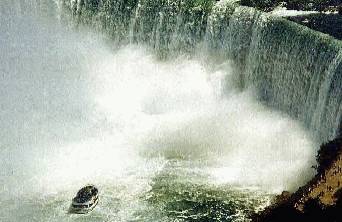LITR 4332: American Minority
Literature

Student Poetry Presentation 2004
Reader:
Amy Reed
Respondent:
Steven Lombardo
“Jacket Notes”
By
Ishmael
Reed

(Pseudonym: Emmett
Coleman)
Ishmael Reed was born on February 22, 1938, in
Chattanooga, Tennessee. Reed has
taught at Harvard, Yale, and Dartmouth, and is currently employed on the faculty
at the University of California at Berkeley.
Reed is the author of more than twenty books-novels, essays, plays, and
poetry. He is a recipient of the MacArthur Genius Award and the Lila
Wallace Foundation Award. He has
been a finalist for the Pulitzer Prize and was twice nominated for the National
Book Award. He lives in Oakland,
California with his wife, Carla, and their daughter, Tennessee.
Objectives:
1a. Involuntary Participation- the American Nightmare
5a. To discover the power of poetry and fiction to help “others” hear the minority voice and vicariously share the minority experience.
Literary Term:
Simile- a figure of speech in which two essentially unlike things are compared using “like” or “as”
Interpretation
of poem:

Ishmael Reed uses humor to compares his struggles experienced as an African American poet to “…going over Niagara Falls in a Barrel.” The reality of Reed’s struggles is evident to the reader clearly if you analyze this poem and look past the humor for the deeper meaning. Reed travels the journey in his “Barrel” through the poem, and he stresses the reality of pain he has endured comparing himself to the size of the “Barrel.”
Trina Tiemann, a past presenter of this poem, states, “In this poem, Reed talks about the difficulties of being a black poet and how he doesn’t get much support, and how many people think he will fail.” The barrel is used as a symbol for struggles Ishmael Reed experienced as an African American poet.
Questions:
1. Why did Ishmael Reed choose a “Barrel” to symbolize struggles for himself and his culture?
2. What do you think is really meant by the last stanza of the poem?
“But
what really hurts is…”